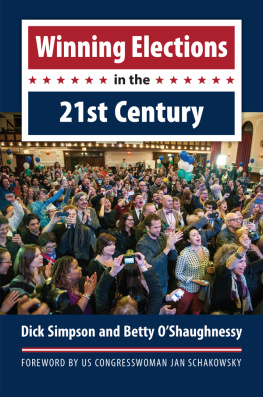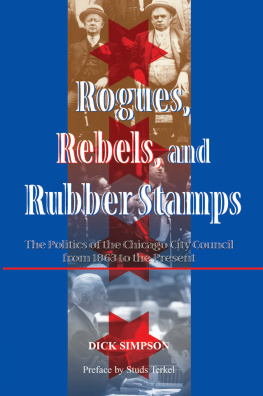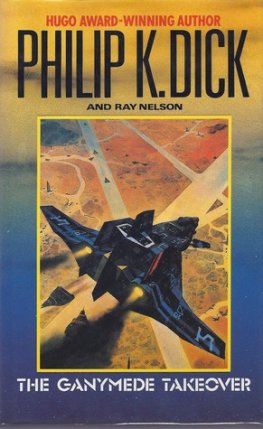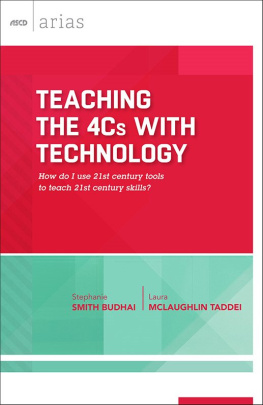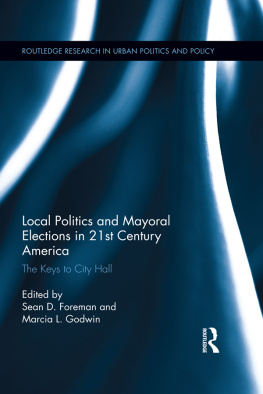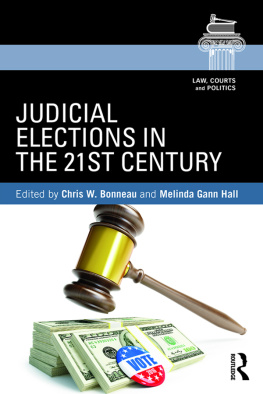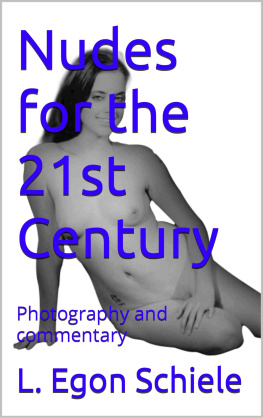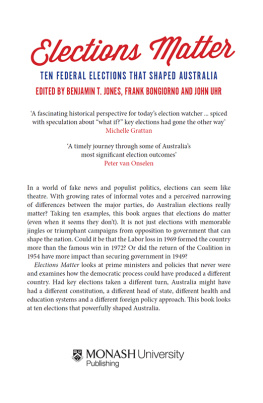Winning Elections
in the 21st Century
Winning Elections
in the 21st Century
Dick Simpson and
Betty OShaughnessy
Foreword by
US Congresswoman Jan Schakowsky
University Press of Kansas
2016 BY THE UNIVERSITY PRESS OF KANSAS
All rights reserved
Published by the University Press of Kansas (Lawrence, Kansas 66045), which was organized by the Kansas Board of Regents and is operated and funded by Emporia State University, Fort Hays State University, Kansas State University, Pittsburg State University, the University of Kansas, and Wichita State University
Library of Congress Cataloging-in-Publication Data
Names: Simpson, Dick W., author. | OShaughnessy, Betty, author.
Title: Winning elections in the 21st century / Dick Simpson and Betty OShaughnessy ; foreword by US Congresswoman Jan Schakowsky.
Other titles: Winning elections in the twenty-first century
Description: Lawrence, Kansas : University Press of Kansas, 2016. | Includes bibliographical references and index.
Identifiers: LCCN 2015044257
ISBN 9780700622139 (hardback)
ISBN 9780700622764 (paperback)
ISBN 9780700622146 (ebook)
Subjects: LCSH: Political campaignsUnited StatesHandbooks, manuals, etc. | Campaign managementUnited StatesHandbooks, manuals, etc. | BISAC: POLITICAL SCIENCE / Political Process / Elections. | POLITICAL SCIENCE / Government / Local. | POLITICAL SCIENCE / Government / National.
Classification: LCC JK2283 .S55 2016 | DDC 324.70973dc23 LC record available at http://lccn.loc.gov/2015044257.
British Library Cataloguing-in-Publication Data is available.
Printed in the United States of America
10 9 8 7 6 5 4 3 2 1
The paper used in this publication meets the minimum requirements of the American National Standard for Permanence of Paper for Printed Library Materials z39.481992.
Tables and Figures
Tables
Figures
Foreword
Imagine for a moment if every person who is eligible to vote actually did. If that happened, the policies that govern our country would be quite different. Politicians and policy makers would have to be far more responsive to the wishes of ordinary American voters, including all those families that struggle to make ends meet, afford college tuition, or retire comfortably.
It is obvious that there are far more everyday people than corporate CEOs, Wall Street moguls, and multimillionaires and billionaires. The superwealthy have done quite well under current laws and regulations they helped write.
I have run for office fourteen times and won thirteen elections. I tell aspiring candidates that in many ways my first losing race for Cook County commissioner in 1986 was the most important because I learned so much about how to do it better. I regrouped, ran, and won for Illinois state representative in 1990, where I served until running for Congress in 1998. After nine elections, I am still privileged to be there.
Before being elected, I was a community organizer and consumer advocate. Since that time, I have always believed that people power CAN trump big money, but only if you act on the lessons you will learn in Winning Elections in the 21st Century. I was a national cochair of the presidential campaign of my friend Barack Obama when few thought he could ever be elected, but Yes we can!
You will find that there is no magic bullet to conducting successful election campaigns. The good news is that it is a learned craft, and you can learn it.
This book will teach you how to take full advantage of all the new technologies, including use of social media, small-donor online fund-raising, targeting outreach to voters, vote analytics, and how technology can improve direct voter contact both door to door and on the phone.
Although we must take full advantage of all the new technologies, remember that personal contact is still the greatest predictor of whether a potential voter goes to the polls, mails her ballot, or votes online. According to academic studies, there is nothing more effective. It is the face at the door, the neighbor on the phone, the candidate personally asking for the voteperson-to-person contact is ultimately the best.
You can learn how to win elections here. Coauthor Dick Simpson, a friend and colleague for many years, writes from real-life experience. Dick Simpson was a nonmachine Chicago alderman in the days when the Daley machine ruled. A winner in a city that invented the term politics is not beanbag, he knows what he is writing about. Earlier versions of the book became the standard handbook for participatory campaigns such as mine around the country. This new book, coauthored by another political scientist and former officeholder, Betty OShaughnessy, provides the definitive guide for citizens in our battle for a better future.
Winning Elections in the 21st Century is the book I recommend for candidates, campaign staff, volunteers, and citizens. There are few experiences more exciting or challenging or important than working in a competitive election for a candidate you believe inand maybe that candidate is, or someday will be, you!
US Congresswoman Jan Schakowsky
Preface
Campaigns today have new technology available, but the most successful ones merge that technology with proven techniques from the past. In the same way, this book rests upon the foundation of our earlier work. Author Dick Simpson, after winning his election as a Chicago alderman, published the first Winning Elections book in 1972. It has been in print continuously since then. Author Betty OShaughnessy was elected as a township trustee and has written on elections in books such as The Keys to City Hall.
Yet, the last edition of Winning Elections was published in 1996. The vast changes in electioneering since required an entirely new book. Too much has changed.
We have tested the new chapters and materials on our students at the University of IllinoisChicago and Loyola Academy, where we teach. Their comments and questions have helped us hone the examples and explanations we provide here.
Techniques such as voter analytics, social media, and effective use of the Internet developed by presidential campaigns are now available to candidates in state and local elections. In Winning Elections in the 21st Century we describe campaign methods as old as Ciceros Roman campaigns two millennia ago and Abraham Lincolns campaigns before the US Civil War. However, these techniques are merged with the latest whiz-bang technologies now available.
In our book we also seek to help candidates, students, and citizens consider the opportunities and challenges these campaign tools provide. To harness them properly, new laws are needed but also a greater awareness of their potential to either promote or undermine democracy.
We write primarily about participatory campaigns, in which the maximum number of citizens participates, as opposed to campaigns funded by a few wealthy individuals and interest groups with the money and expertise to buy elections. We explain how people power can prevail with the right candidates, issues, and support.
In short, we hope to inspire and empower readers to dive into the fun and excitement of electoral politics. For those already engaged, we show you how to win elections.
In creating this book, we are indebted to many people. We were taught the craft of running and winning elections by folks such as John Kearney, Sherwin Swartz, and Milton Rakove. We worked with leaders such as Robert Houston, Don Rose, Tom Gradel, and too many others to mention.

